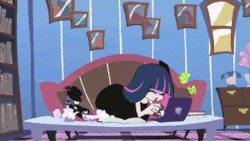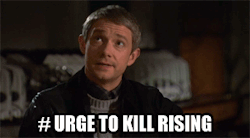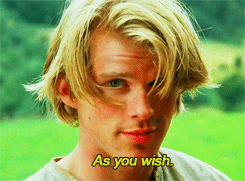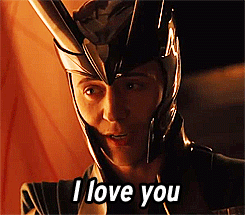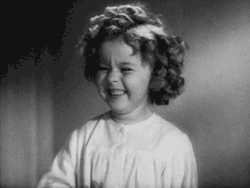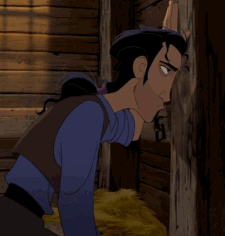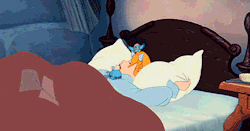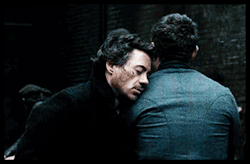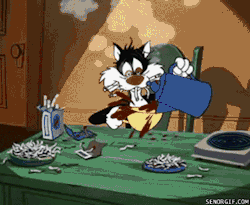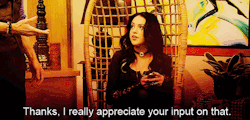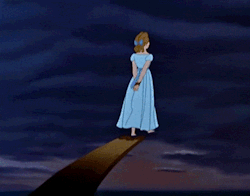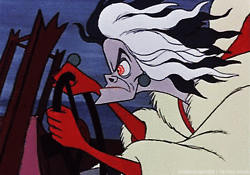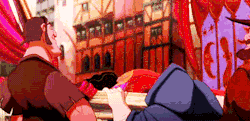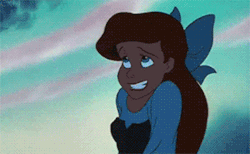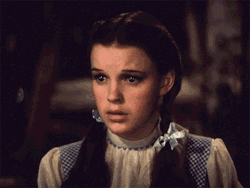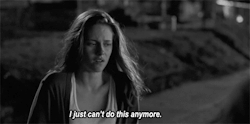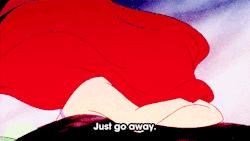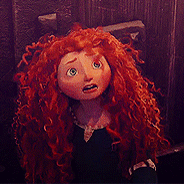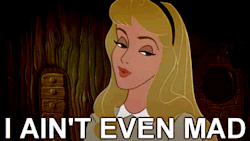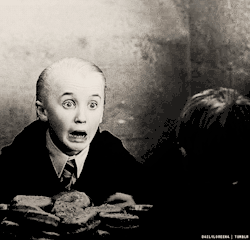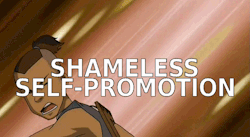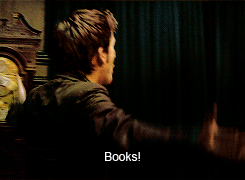Part of being an author means that you read a lot of books. TONS of books, in fact. This is the only way you can truly develop your own voice and grow in your craft. By reading many different styles and deciding what you like and don’t
like, you will establish your own voice that will eventually become your unique signature.
While there is a wide range of writing styles that vary greatly from person to person, there are general rules and guidelines that need to be adhered to in order to make the story flow correctly and keep the reader’s attention.
Each time I am asked to critique another writer’s manuscript before it goes to print,
I always manage to catch a number of common writing no-no’s. Unfortunately, the
same frequent errors being made are also the ones that detract the most from the story. Writers opting for the self-publishing route tend to make these mistakes more for the simple reason that they usually don't have an editor and/or publisher picking out these errors.
I have compiled my short list of mistakes that I
commonly find in the works of newbie writers:
POV Slip (aka 'head-hopping')
This is probably the number one problem I see among new
writers. (OK, I’ll admit that this was a problem of mine until something in my
brain finally clicked and I actually got what I was doing wrong.) When you start writing
a story, you'll first need to decide from which character's viewpoint the
reader will be seeing the story, or if it will be told by a narrator.
There are three main kinds of storytelling; first person, second
person, and third person. To explain them in here detail would take too much time. For a
complete explanation of these varying points of view (POV), read this brief article entitled Understanding Point of View in Literature.
The biggest problem occurs when the writer skips back and
forth between different characters’ points of view without so much as a scene or chapter
break. This is extremely frustrating as it confuses the reader, drawing him or
her out of the story. As a general rule, if you begin a scene or chapter, make
sure it is written from the perspective of only one of the characters,
especially if there is internal dialogue going on. Otherwise, your audience will have a tough time feeling empathy toward each individual character since they can't tell who is thinking/speaking!
If you expect the reader to invest time and emotion in your
characters, you need to make sure those characters are accessible. What I mean by this is that you need to put some effort into it by devoting that scene or chapter to just the one character. Many newbie writers tend to skip over things for the sake of ease, only to be told later that the reader was unable to empathize with the character. Make the reader care about what is happening to him/her/it. If the thoughts and viewpoints are constantly flipping back and forth
between characters, the reader will put down the book out of sheer frustration and most likely not pick it back up again.
Use of Words Ending in ‘ly’
This is something that literary agents absolutely abhor.
Words like finally, suddenly, quickly, slowly, etc., need to be used sparingly. Find other ways to express the
action in a scene without resorting to use of these words. This will make your
manuscript stronger and not drive the reader bonkers!
Spelling, Grammar and Punctuation
These are some of the most obvious and common mistakes, and
yet they still need to be pointed out. Anyone with a computer and a connection to the internet has ready access to more than a dozen spell checker programs. If you
plan to release your story to the reading public, please, please, PLEASE run a
spell checker more than once. You won’t always catch all the errors in one
round of editing, and most novels require at least four or more.
In the current
climate of authors choosing the self-publishing route, spelling and punctuation
errors are occurring on a more frequent basis. If there are just a few spelling errors
in the book, most readers will be forgiving, especially if the story is engaging.
But if a novel is riddled with punctuation mistakes and grammatical errors,
there are very few readers who will stick it out until the end.
NOTE: If you are going to name-drop, make sure you spell the name correctly! (i.e. Dolce & Gabbana instead of Dulce and Gabana.) Misspelling common brands or names will make you look unprofessional and will leave the reader with the impression that you don’t know your own subject matter. In short, don’t let bad punctuation and spelling errors ruin a good story!!
NOTE: If you are going to name-drop, make sure you spell the name correctly! (i.e. Dolce & Gabbana instead of Dulce and Gabana.) Misspelling common brands or names will make you look unprofessional and will leave the reader with the impression that you don’t know your own subject matter. In short, don’t let bad punctuation and spelling errors ruin a good story!!
Overuse of Dialogue Tags
These are the ‘he said,’ ‘she said’s of the story. Use them as
little as possible, when the reader would not otherwise be able to determine
who is speaking. If your characters have established their own voices during
the story, many of these dialogue tags will not even be necessary. Can't tell if you need them or not? Have someone else read the story and see if they can tell who the speaker is.
Telling When You Should Be Showing
The mantra of many authors I know is ‘Show, don’t tell.’ I
disagree only slightly with this, because there does need to be a small amount
of ‘telling’ which often occurs in your prose. I prefer to say 'show MORE than you tell.' But a major mistake that nearly
all writers make in the beginning is to tell the reader what happens instead of
showing how it happens.
With a passive voice, the story basically flows like this: He went there and
did this, and came back and did this. After that, he felt like this and then he
did that. Of course, that is exaggerated, but you get the picture. In reality, the
story should show the reader what the character is doing, thinking, feeling, or
saying through the character's own actions and not simply narrating from a stand-offish point of view. Showing the reader how the story unfolds can usually be accomplished by using an active voice instead of
implementing a passive voice.
Example of a passive voice (‘telling’):
Anna Richards was going to the store to pick up some groceries before it closed. She didn’t make it on time, and when she got there, Old Man Peabody was locking the door. She got mad when he saw her but he just turned around and went back into his store.
Example of an active voice (‘showing’):
Anna Richards hopped in the car and raced to the Shoppette to grab her favorite yogurt before the store closed for the long, holiday weekend. Slamming the car door, she dropped her keys into a muddy pothole. With a frustrated groan, she picked them up and wiped the dirt off with her hoodie.
She jogged up to the glass doors, reaching them just as Old Man Peabody turned the key in the lock. She glanced down at her watch. There was still five minutes left until closing time! Old Man Peabody gave her a smug grin and shuffled back up the candy aisle.
Banging angrily on the glass, she cursed at him, shouting loudly so that everyone in the neighborhood could hear what a jerk Old Man Peabody really was.
Not Having Your Book Proofread and/or Professionally Edited
This is a shortcut that many writers take, and one that always makes
me scratch my head. Yes, to have a professional editor pick apart your story can
be very costly. But if you have the extra money, it is well worth every penny. If
you can’t afford a professional editor, then at least enlist the help of a beta
reader. These are people who, out of the goodness of their own hearts, will give you an invaluable second set of eyes
and help catch errors and plot holes you may have missed along the way.
If you don’t know anyone willing to read
your story and correct mistakes, join a local critique club or get involved in an
online writers' forum. Most beta readers enjoy reading new stories and thrive
on making a good story even better. Whether or not your book has been scoured
by others can make the difference between landing an agent or publisher and
getting a steady stream of rejection letters. Don't be one of the many authors who impatiently rushes his or her manuscript to print before it's ready. If a story is worth being written, it’s worth being edited!!
I have listed only a couple of the many frequently-made mistakes. Of course there are many more. What is your most common writing mistake? Share in the
comments below.











